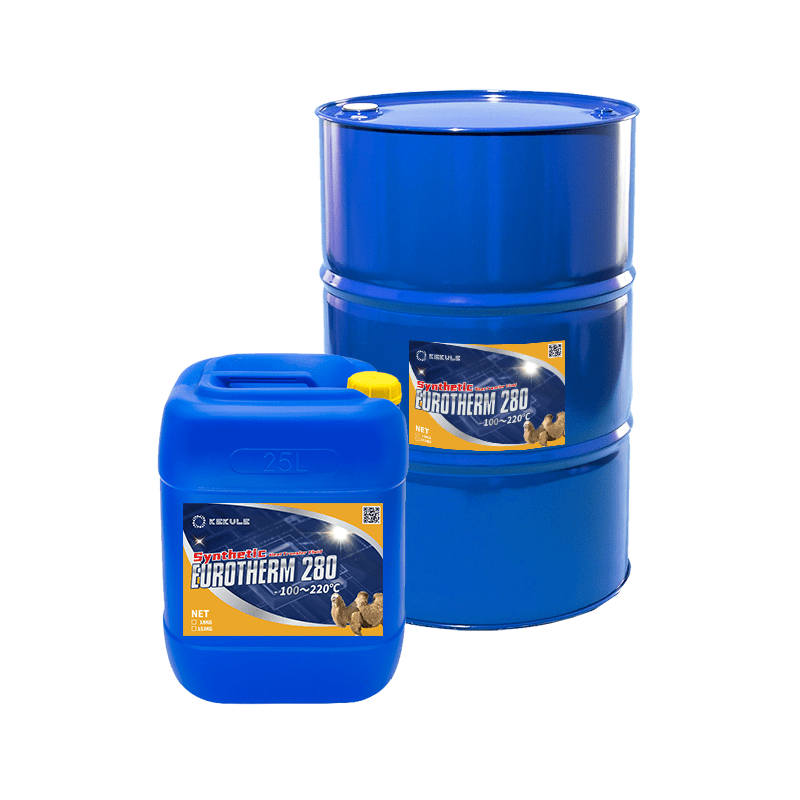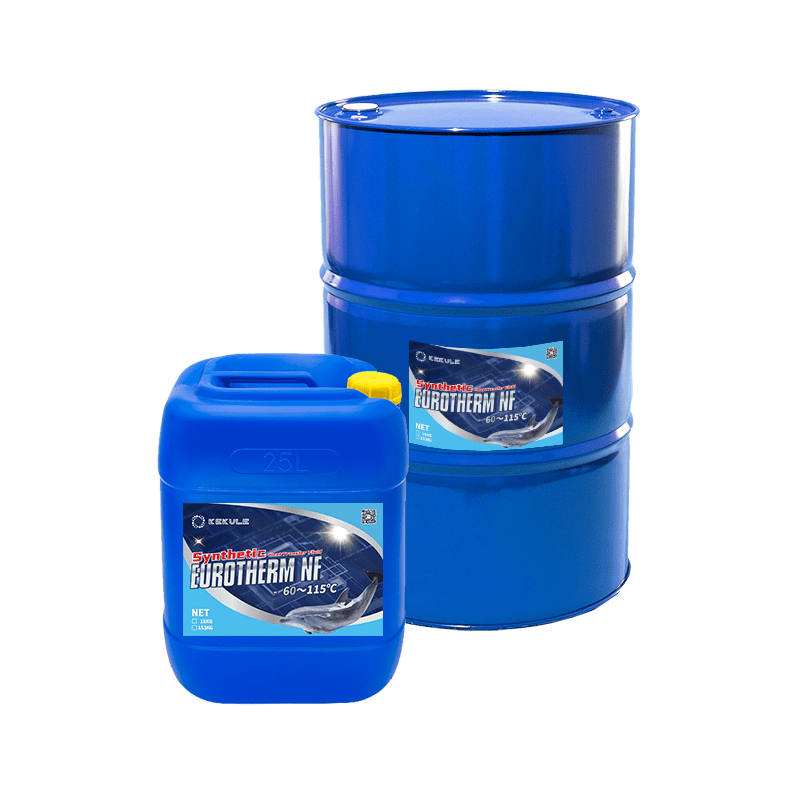The 9-Minute Rule for Chemie
The 9-Minute Rule for Chemie
Blog Article
The Only Guide to Chemie
Table of ContentsSome Ideas on Chemie You Should KnowThe Only Guide to ChemieHow Chemie can Save You Time, Stress, and Money.Not known Facts About ChemieFascination About ChemieThe Only Guide for Chemie
(https://anotepad.com/notes/dw327f6b)Measured modification in electric conductivity of liquid samples as a function of time when stirred with the resin example in the closed indirect air conditioning loop experiment. Figure 6 shows the change in the determined electrical conductivity of the fluid examples when stirred with the material sample. The conductivity of the water sample from the closed loophole experiment decreased by around 70% from 11.77 S/cm to 3.32 S/cm in six hours.These results indicated that the ability of the material depends on the examination liquid used for the experiment. This shows that different ions present in the liquid will certainly lead to different ion exchange capacity of the fluid. Computing the ion exchange material ability with the liquid sample from the real air conditioning loophole is essential.
The Greatest Guide To Chemie
As a result, an ion exchange resin cartridge having 20g of Dowex mixed bed resin might handle order 938 days to saturate. To put it simply, to preserve a reduced electrical conductivity, a material cartridge with the measurement and weight specification as that of the resin cartridge utilized in the experiment, need to be altered every 30 months for the air conditioning system that was utilized in the experiment
The air conditioning of digital parts has ended up being a major difficulty in current times due to the advancements in the layout of faster and smaller components. Because of this, various cooling innovations have actually been developed to successfully get rid of the heat from these elements [1, 2] The use of a fluid coolant has become appealing because of the higher warm transfer coefficient achieved as contrasted to air-cooling.
The 5-Second Trick For Chemie
A single phase cooling loophole is composed of a pump, a warmth exchanger (chilly plate/mini- or micro-channels), and a warm sink (radiator with a follower or a liquid-to-liquid warm exchanger with cooled water cooling). The warmth resource in the electronics system is attached to the warm exchanger. Fluid coolants are likewise made use of in two-phase systems, such as warm pipelines, thermo-siphons, sub-cooled boiling, spray air conditioning, and straight immersion systems [2, 4]
The demands may vary depending on the sort of application. Adhering to is a listing of some general needs: Great thermo-physical homes (high thermal conductivity and particular heat; reduced viscosity; high unexposed heat of dissipation for two-phase application) Low freezing point and burst factor (in some cases ruptured security at -40 C or lower is required for shipping and/or storage objectives) High climatic boiling point (or low vapor pressure at the operating temperature) for solitary phase system; a Visit This Link narrow wanted boiling point for a two-phase system Great chemical and thermal stability for the life of the electronics system High flash point and auto-ignition temperature (sometimes non-combustibility is a demand) Non-corrosive to products of building (metals in addition to polymers and other non-metals) No or minimal regulative restrictions (environmentally friendly, nontoxic, and perhaps biodegradable) Affordable The very best electronics coolant is an economical and nontoxic fluid with superb thermo-physical residential or commercial properties and a long life span.
Excitement About Chemie
The majority of these liquids have a non-discernible smell and are safe in situation of call with skin or ingestion. As stated before, aliphatic PAO-based fluids have actually replaced the silicate-ester fluids in a selection of army electronics (and avionics) cooling applications in the last decade. An additional class of popular coolant chemistry is dimethyl- and methyl phenyl-poly (siloxane) or frequently recognized as silicone oil.
Of all, these fluids are non-combustible and safe. Some fluorinated compounds have absolutely no ozone depleting potential and various other environmental buildings.
Ethylene glycol is anemic and almost unsmelling and is entirely miscible with water. When correctly hindered, it has a reasonably reduced corrosivity. This coolant is identified as poisonous and must be managed and disposed of with treatment. The quality of water used for the prep work of a glycol service is extremely important for the system.
Little Known Facts About Chemie.

This is a reduced expense antifreeze option, discovering use in refrigeration solutions and ground resource warmth pumps - fluorinert. This fluid can be utilized down to -40 C owing to its reasonably high price of warm transfer in this temperature array.
It is considered even more damaging than ethylene glycol and as a result has found use only for process applications located outdoors. Methanol is a combustible liquid and, as such, presents a possible fire threat where it is stored, dealt with, or utilized.
Rumored Buzz on Chemie
As a combustible fluid, it calls for particular safety measures for handling and storage. Aqueous services of calcium chloride find large usage as circulating coolants in food plants. It is non-flammable, safe and thermally much more efficient than the glycol remedies. A 29% (by wt.) calcium chloride option has a freezing point below -40 C.

Report this page